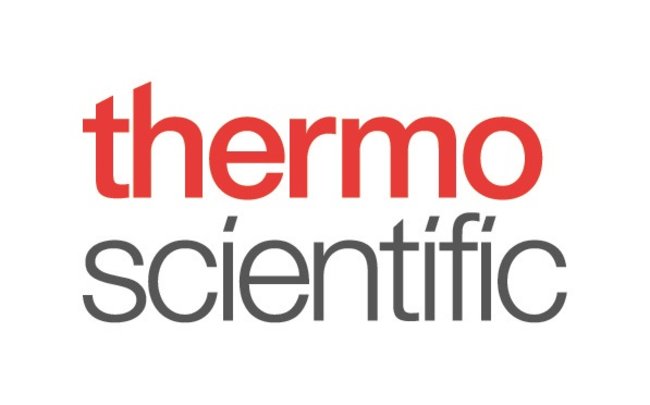Search Thermo Fisher Scientific

Thermo Scientific Chemicals
BioAcryl-P (30%, 37.5:1), Thermo Scientific Chemicals
BioAcryl-P (Acrylamide/Bisacrylamide 37.5:1, CAS # 25034-58-6) is a powder-based formula used to create the gel matrix necessary for electrophoresis experiments.
Catalog number ALFJ61505.AP
View Price:Sign InSign in to see your account pricing. Need an account? Register with us today.
Quantity:
500 mL
Chemical Identifiers
CAS5794-13-8
IUPAC Name(2S)-2-amino-3-carbamoylpropanoic acid hydrate
Molecular FormulaC4H10N2O4
InChI KeyRBMGJIZCEWRQES-DKWTVANSSA-N
SMILESO.N[C@@H](CC(N)=O)C(O)=O
View more
Specifications Specification Sheet
Specification Sheet
Sulfated ash=<0.1 %
Other amino acids=<1 % (TLC)
Loss on drying11.5 % to 12.5 % (130°C, 3 hrs)
Arsenic (As)=<1 ppm
Appearance (Color)White
View more
Acrylamide/Bisacrylamide 37.5:1, Premixed powder is used for preparing protein DNA gels. It is used as a DNA sequencing gels, Protein separation. They are also used for preparing gels using stock solutions with the most common cross-link ratios.
This Thermo Scientific Chemicals brand product was originally part of the Alfa Aesar product portfolio. Some documentation and label information may refer to the legacy brand. The original Alfa Aesar product / item code or SKU reference has not changed as a part of the brand transition to Thermo Scientific Chemicals.
General Description
- BioAcryl-P is a 37.5:1 ratio of Acrylamide/Bisacrylamide
- Acrylamide is a crystalline amide that forms polymer structures at room temperature
- Acrylamide acts as the monomer for the gel structure, and bisacrylamide as the crosslinker for gel matrix formation
Application
- Suitable for gel electrophoresis-mediated separation of proteins and DNA for identification or sequencing
RUO – Research Use Only
General References:
- H Eshaghpour.; DM Crothers. Preparative separation of the complementary strands of DNA restriction fragments by alkaline RPC-5 chromatography. Nucl. Acids Res. 1978, 5,(1), 13-21.
- M Bazile, HA Nichols, JA Pojman. Effect of orientation on thermoset frontal polymerization. Journal of Polymer. 2002, 40,(20), 3504-3508.
